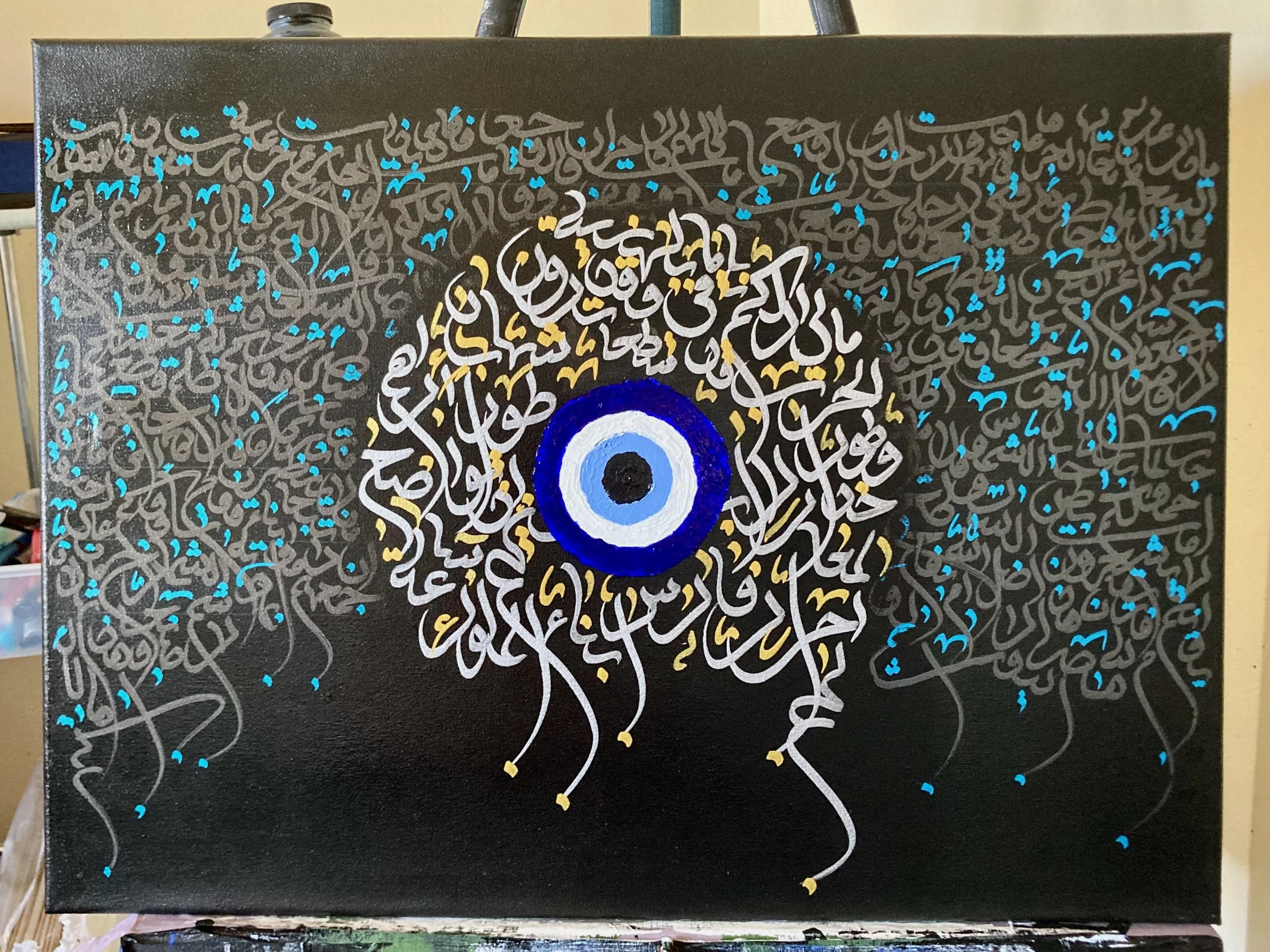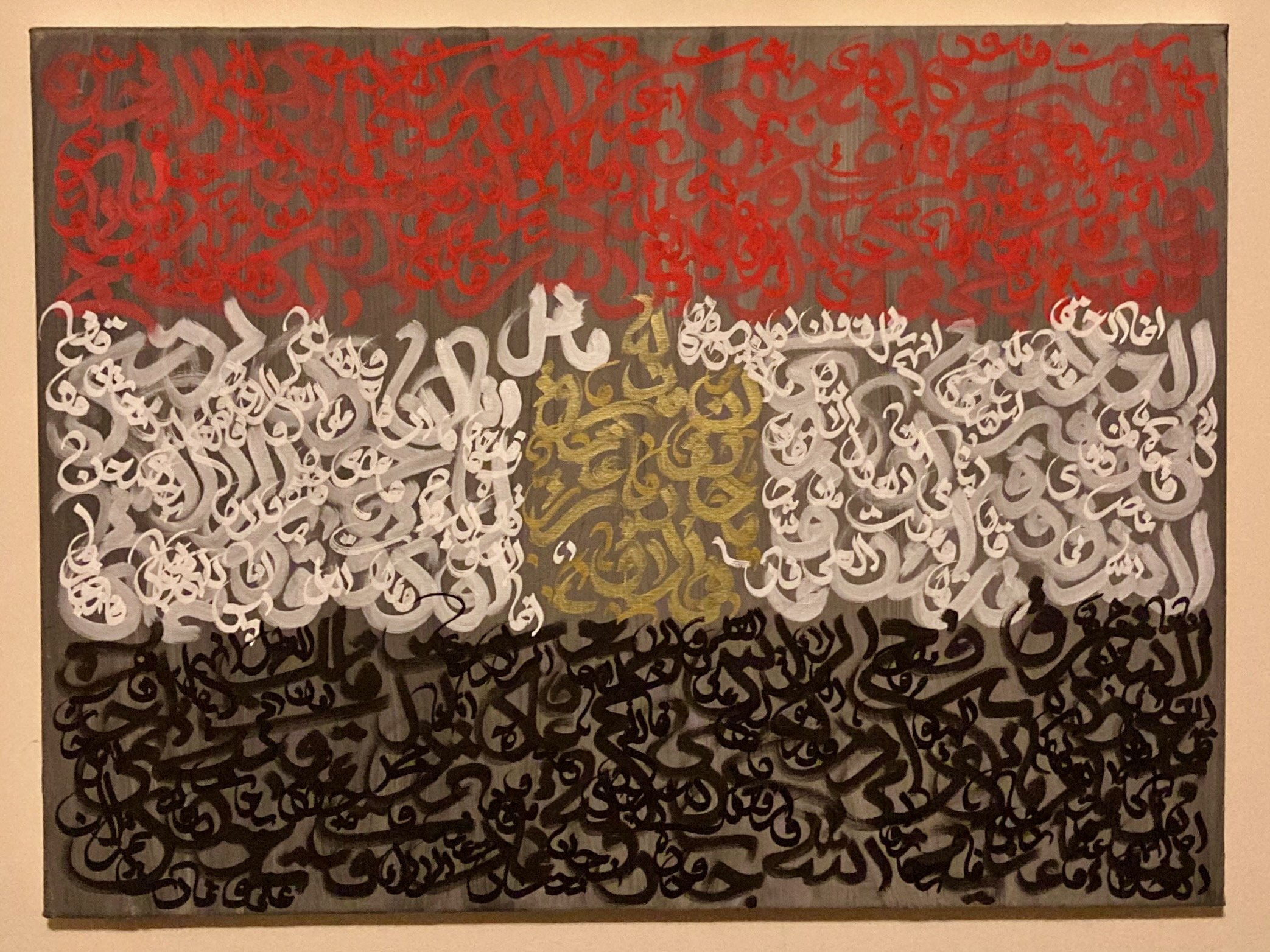Recent Projects
Ya Dara ‘Amrata Min Muhtaliha al Jara’a, by Laqit ibn Ya’amar al Iyadi, circa 400 A.D.
A poem by Laqit ibn Yaamar al Iyadi, of Al Hira. Laqit was a fourth century arabic poet and scribe who worked in the Persian court of the Shah Shapur II. When Laqit heard that Shapur II was about to invade his native land, Al Hira, Laqit wrote this poem informing his kin of the impending Persian invasion. Someone in the court betrayed Laqit to Shapur II. When Shapur heard the poem, he summoned Laqit, tore out his tongue, and had him killed. Shapur II then invaded the Arabian Peninsula, starting with Al Hira. The subsequent conquest earned him the title of Piercer of Shoulders.
Misru Tatahadath ‘An Nafsiha, by Hafez Ibrahim, circa 19th century
Written by the poet of the Nile, Hafez Ibrahim and imortalized by the voice of the greatest Arabic singer to ever live, Om Kulthum, this poem is an ode to the motherland. In it, a personified Egypt sings about her children, her history, and her unwavering pride. She stands tall before the nations, wrapped in the dignity of her ancient past and the resilience of her people. The poem captures a moment where all of creation pauses in awe—at her majesty, her struggle, and her voice echoing through the ages.
Al Burdah, or Banat Su’ad by Ka’ab ibn Zuhair Ibn Abi Sulmah, circa 629 A.D.
The original Burdah—not to be confused with the later and more widely sung Burdah of Imam al-Busiri—was composed by Ka‘b ibn Zuhayr ibn Abī Sulma, a somewhat famed poet of the pre-Islamic and early Islamic era. This poem was recited by Ka‘b in the presence of the Prophet Muhammad ﷺ. It stands as one of the earliest and most iconic examples of Arabic praise poetry (madh) directed toward the Prophet ﷺ. I am honored to bring to life, in ink, the very words that were once graced by being in the ears of the Prophet Muhammad ﷺ.


